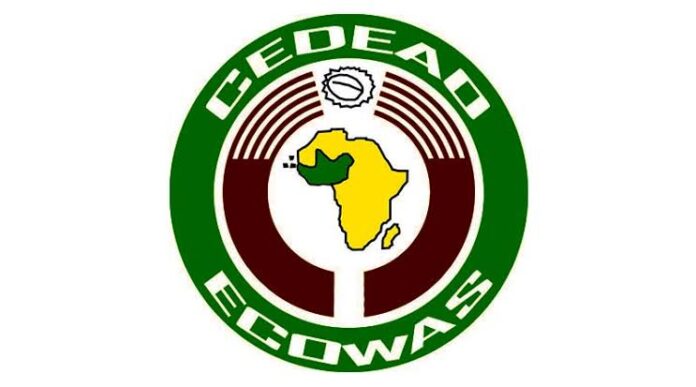The Economic Community of West African States (ECOWAS) has revealed that Africa loses a staggering $88.6 billion annually to illicit financial flows (IFFs), a financial hemorrhage threatening sustainable development and regional stability.
This was disclosed by ECOWAS Commissioner for Political Affairs, Peace, and Security, Abdel-Fatau Musah, during a training session on financial investigations for anti-corruption institutions across member-states. The event was held on Monday in Zuba, Niger State.
Represented by Ebenezer Asiedu, Head of the Democracy and Good Governance Division, Mr Musah linked the persistent fragility of democracy in the region to rampant corruption, a major driver of illicit financial flows.
“Democracy in most of our member states faces fragility, particularly due to the menace of corruption,” he said, emphasizing the need for robust anti-corruption mechanisms to curb capital flight and boost governance.
Illicit financial flows involve the illegal movement of money across borders whether through corruption, smuggling, tax evasion, or financing of terrorism.
According to ECOWAS, weak laws, poor enforcement, and bribery significantly contribute to these outflows, draining 3.7% of Africa’s GDP annually.
Musah raised concerns about the growing adoption of cryptocurrencies and digital finance platforms, noting that these technologies introduce new risks and vulnerabilities for West African economies.
He stressed the importance of equipping anti-corruption agencies with specialized skills to combat emerging financial crimes, adding, “This training is part of our renewed commitment to strengthen anti-corruption institutions with advanced investigative techniques.”
Also speaking at the event, Ola Olukoyede, Chairman of the Economic and Financial Crimes Commission (EFCC), described the training as a product of strategic collaboration among ECOWAS, the Network of Anti-Corruption Institutions in West Africa (NACIWA), and the EFCC.
“This reflects our shared determination to go beyond rhetoric and invest in tangible capacity-building efforts that enhance the operational capabilities of our institutions,” Mr Olukoyede said.
According to the World Bank, illicit financial flows deplete domestic resources and tax revenues needed for infrastructure and poverty-alleviation programs in developing countries, compounding economic instability and weakening trust in public institutions.
Experts say that such flows not only reduce government revenues but also encourage criminality, distort markets, and erode the rule of law, with Africa bearing a heavy brunt through tax evasion, money laundering, bribery, and abuse of office.
As ECOWAS works toward achieving its Vision 2050, it reiterated that tackling corruption and illicit flows remains a key pillar for economic transformation and democratic consolidation in West Africa.








